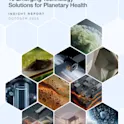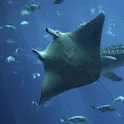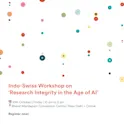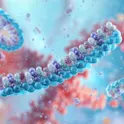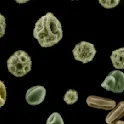Frontiers news
13 Oct 2025
90% of Science Is Lost: Frontiers’ revolutionary AI-powered service transforms data sharing to deliver breakthroughs faster
Frontiers, the open-science publisher, is tackling this problem with the launch of Frontiers FAIR² Data Management, the world’s first all-in-one, AI-powered service for research data. Designed to transform how data is shared so it is reusable and credited, it brings together curation, compliance checks, AI-ready packaging, peer review, an interactive portal, certification, and lifetime hosting in a single workflow — ensuring that research funded today delivers faster breakthroughs in health, sustainability, and technology tomorrow.



